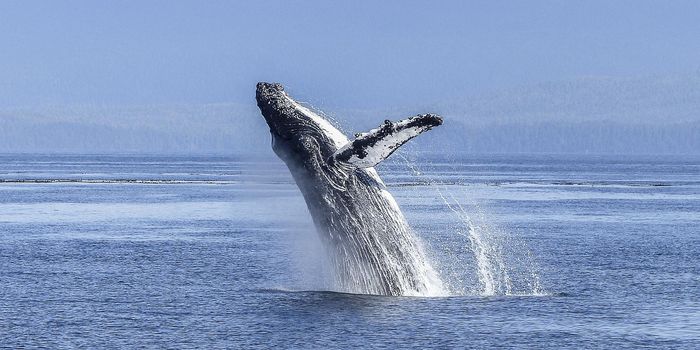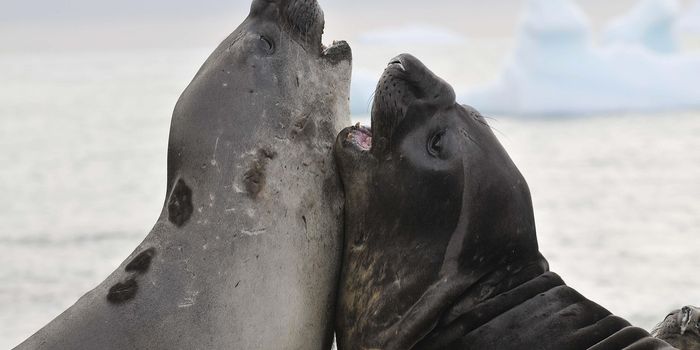China Introduces Ban on Ivory
China has announced a ban on ivory that will attempt to give new hope for endangered African elephants. Beijing has reported that ivory trading and processing, with the exceptions of auctions of “legitimately” sourced antiques, will be outlawed by the end of March 2017. Between 800 and 900 cases of ivory smuggling are uncovered in mainland China each year, according to customs figures, and more than half of the legitimate ivory business is linked to illegal trade. And, as China is responsible for buying approximately 70 percent of the world’s ivory, the ban comes with relief for conservationists and elephants alike.
Over the past decade, an estimated 100,000 elephants were lost to poaching, and Africa’s elephant population has dropped by an estimated 111,000 down to 415,000. Scientists say that for the first time in years, more elephants are being killed than born, with the population steadily decreasing.WWF-UK wildlife charity acting chief executive Glyn Davies, who says an elephant is poached every 15 minutes, told The Times: “China has shown good leadership and we are now looking to other markets to close legal trade and implement stricter enforcement measures.”
The New York Times reports that China’s move is at least partly a result of negotiations at senior levels between Washington and Beijing. In 2015, when President Xi Jinping of China made a state visit to Washington, he and President Obama agreed that the two nations would impose “nearly complete bans on ivory import and export” and “take significant and timely steps to halt the domestic commercial trade of ivory.”
"This is great news that will shut down the world’s largest market for elephant ivory,” said Wildlife Conservation Society Asia director Aili King.“This is a game-changer for Africa’s elephants. We call on all other countries with legal domestic ivory markets to follow China’s lead and close their markets as well.” Those referenced other markets include Hong Kong and Great Britain, whose ivory laws still contain loopholes.
China’s State Council said African ivory, a status symbol priced at around $1,100 (£891) per kilo, will be phased out starting March 31. The state-owned Xinhua news agency says the ban will affect 34 processing enterprises and 143 designated trading venues. The Ministry of Culture will assist in the transition of legal ivory into use in museums and other cultural sites, as well as help workers in the industry, including master carvers, find related jobs. Under the new rules, people who already own ivory products can keep them or give them as gifts, and owners can sell them at supervised auctions after getting official approval.









